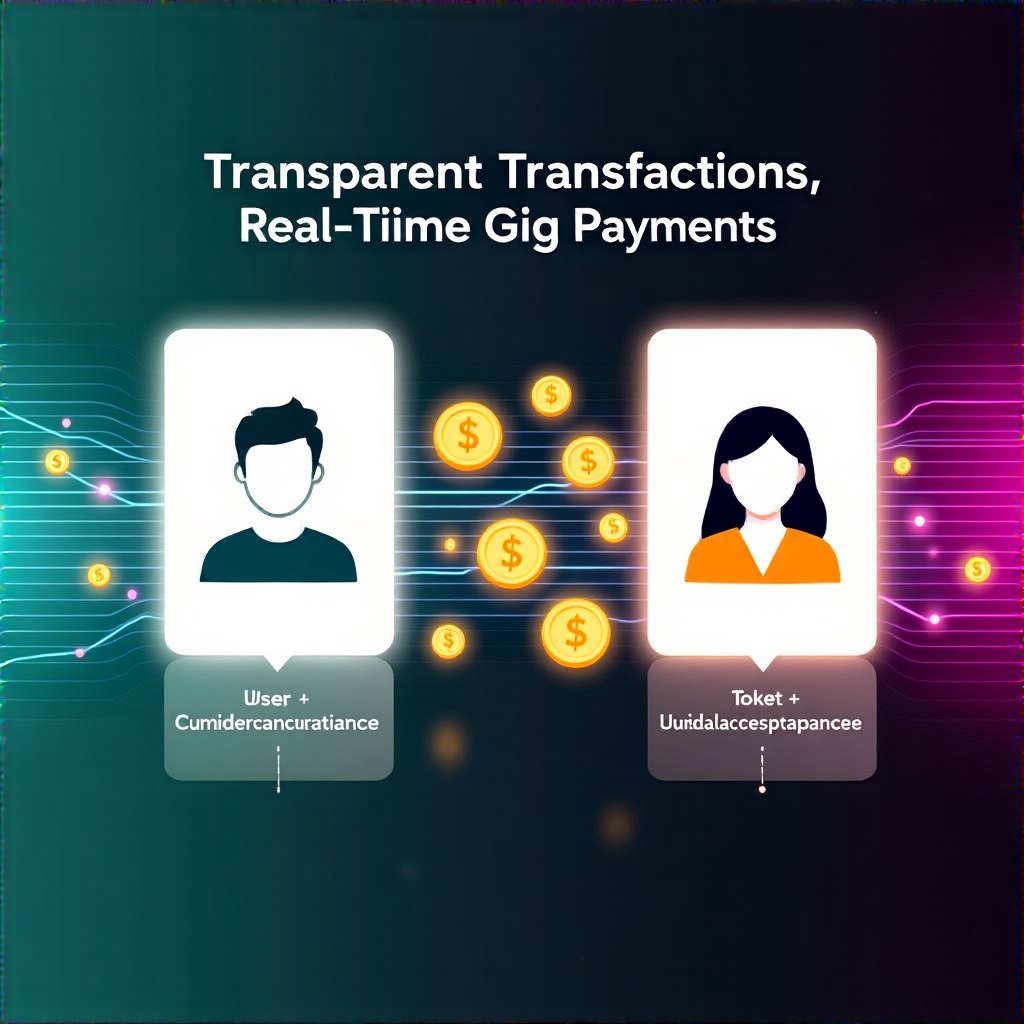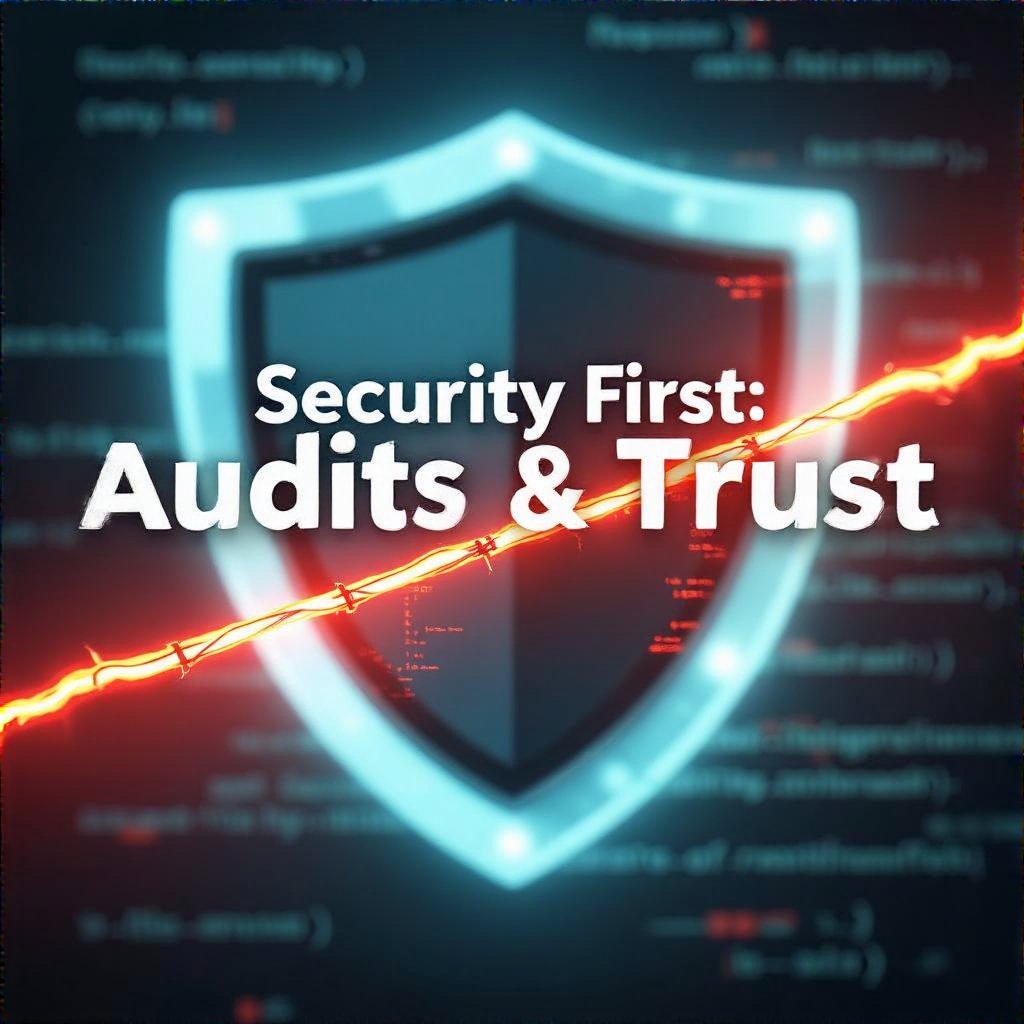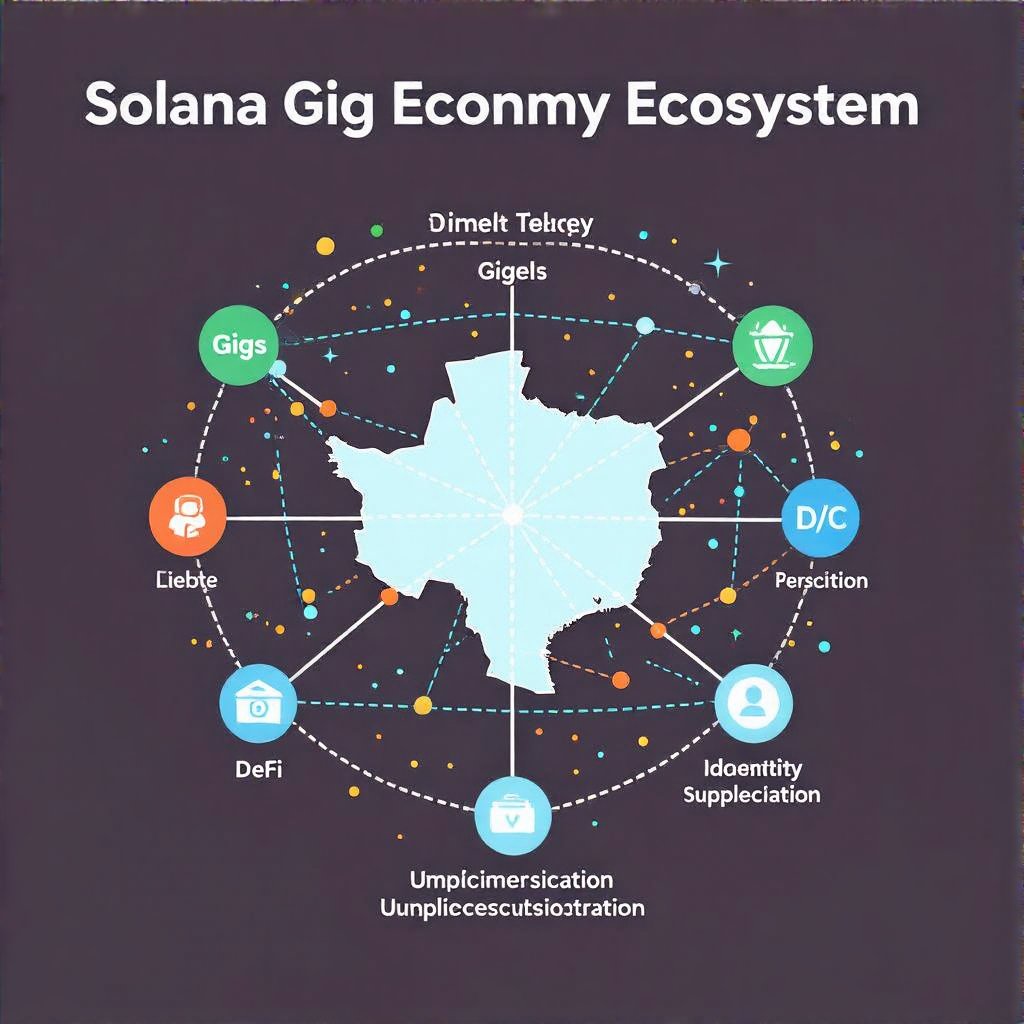What Is a Solana Blockchain Use Case in the Gig Economy?

The gig economy hinges on speed, trust, and ultra-low costs. Solana’s throughput and fees enable verifiable, real-time payments for micro-jobs, while programmable contracts reduce disputes. But an attacker eyes every surface—Speed can hide sloppy logic, and trust must be engineered, not assumed.
- Introduction to Decentralized Platforms for Freelancers
- Why Solana Is Ideal for the Gig Economy
- Key Features Supporting Gig Platforms
- Use Cases in Action
- Security and Audits
- Future Outlook
- FAQ
Introduction to Decentralized Platforms for Freelancers
From a hunter’s vantage, every platform is a potential tripwire. Solana can slash intermediaries, but the real target is how escrow, payout timing, and identity verification align with user expectations. The best decentralized marketplaces on Solana move money, data, and trust in one breath, with code that promises safety and speed when it matters most. For perspective, real-world Solana deployments illustrate the feasibility of trustworthy, borderless freelancing at scale. See decentralized marketplaces on Solana for concrete patterns, including bootstrap strategies and governance considerations.

Developers should study how the Solana docs describe consensus, runtime, and program deployment to minimize design flaws at the source. External validation matters: Solana’s architecture supports microtransactions and complex agreements, which is why high-quality audits and threat modeling are indispensable before launch. You’ll find insights in the CoinDesk overview of Solana’s approach to fast, low-cost transactions, a useful lens for evaluating new gigs-on-chain projects. For a broad technical baseline, consult the Solana overview on CoinDesk.
Why Solana Is Ideal for the Gig Economy
Solana’s architecture emphasizes speed and scalability, enabling thousands of transactions per second at fractions of a cent. This is essential for real-time service agreements and micro-payments common in gig work. Beyond speed, Solana’s design reduces on-chain friction, making onboarding easier for freelancers who may be new to crypto. See how developers leverage its architecture in practice, with detailed guidance in the official docs and third-party analyses that highlight interoperability with DeFi and identity layers. As a practical reference, CoinDesk’s Solana explainer frames why microtransactions are feasible at scale, while the Solana docs provide concrete implementation details you’ll want in every project.
Key Features Supporting Gig Platforms
- High Transaction Speed: Near-instant confirmations support smooth UI interactions and rapid escrow resolutions.
- Low Fees: Tiny costs enable scalable, per-task payments without price erosion for workers.
- Decentralization: Reduces single points of control that could censor or delay payments.
- Interoperability: Facilitates seamless integration with identity and DeFi tooling to verify trust and automate workflows.
Use Cases in Action
Decentralized Freelance Marketplaces
Freelancers showcase skills, receive tips, and get paid instantly without middlemen, while smart contracts automate escrow and immediate release of funds. For example, decentralized marketplaces on Solana demonstrate transparent, auditable workflows and lower platform fees, critical in competitive markets.
Peer-to-Peer Service Platforms
From graphic design to ride-sharing, Solana enables direct transactions, token incentives, and reputation signals. This setup reduces dependency on traditional processors and opens new monetization channels, all while maintaining user sovereignty over data and payments.

Security and Audits
Speed invites risk. Comprehensive audits and threat modeling are non-negotiable. As you design, rely on established best practices and real-world checklists to identify logic gaps and permission traps. See the guidance in best-practices for smart contract audits and align audits with ongoing security monitoring. For a deeper, ongoing risk view, consider the guidance in ongoing security monitoring, which complements retroactive audits with real-time threat detection. Finally, ensure your data feeds and integration points are protected by robust oracle services, as discussed in Oracle services in DeFi security.

Future Outlook
As Solana scales, more gig-oriented use cases will surface—especially where immediate payment, verifiable identity, and interoperable DeFi meet. The ecosystem is not limited to traditional freelancing; it includes creative economies like on-chain AI art projects, a sector explored in Solana AI art projects analysis, illustrating how on-chain workflows can unlock novel revenue streams. Expect governance mechanisms to mature, with clearer risk controls and governance models that empower freelancers while protecting users.
FAQ
Q: Can Solana-based gigs be secure for first-time crypto users?
A: Yes, but only when you combine solid escrow logic, transparent audits, and user-friendly onboarding that hides complexity while enforcing checks. See the security sections above for the exact controls to implement.
Q: What external resources should I trust for Solana basics?
A: Start with CoinDesk's Solana explainer for a high-level view, and then dive into the official Solana docs for implementation details.
Q: How do I connect Solana gigs to existing identity or DeFi tools?
A: Look for interoperable modules and follow best practices for smart contracts while validating identity and payment schemas through trusted oracle services and DeFi connectors.
Q: Where can I see real-world Solana gig marketplaces?
A: The decentralized marketplaces on Solana case study offers concrete patterns and governance approaches.
